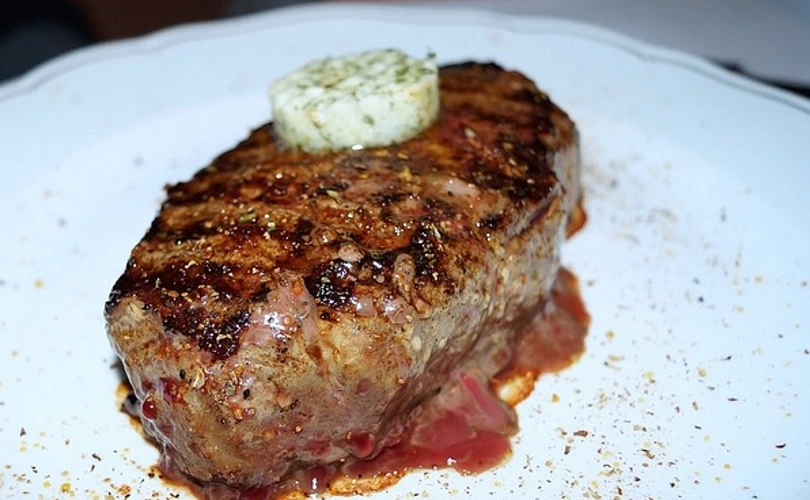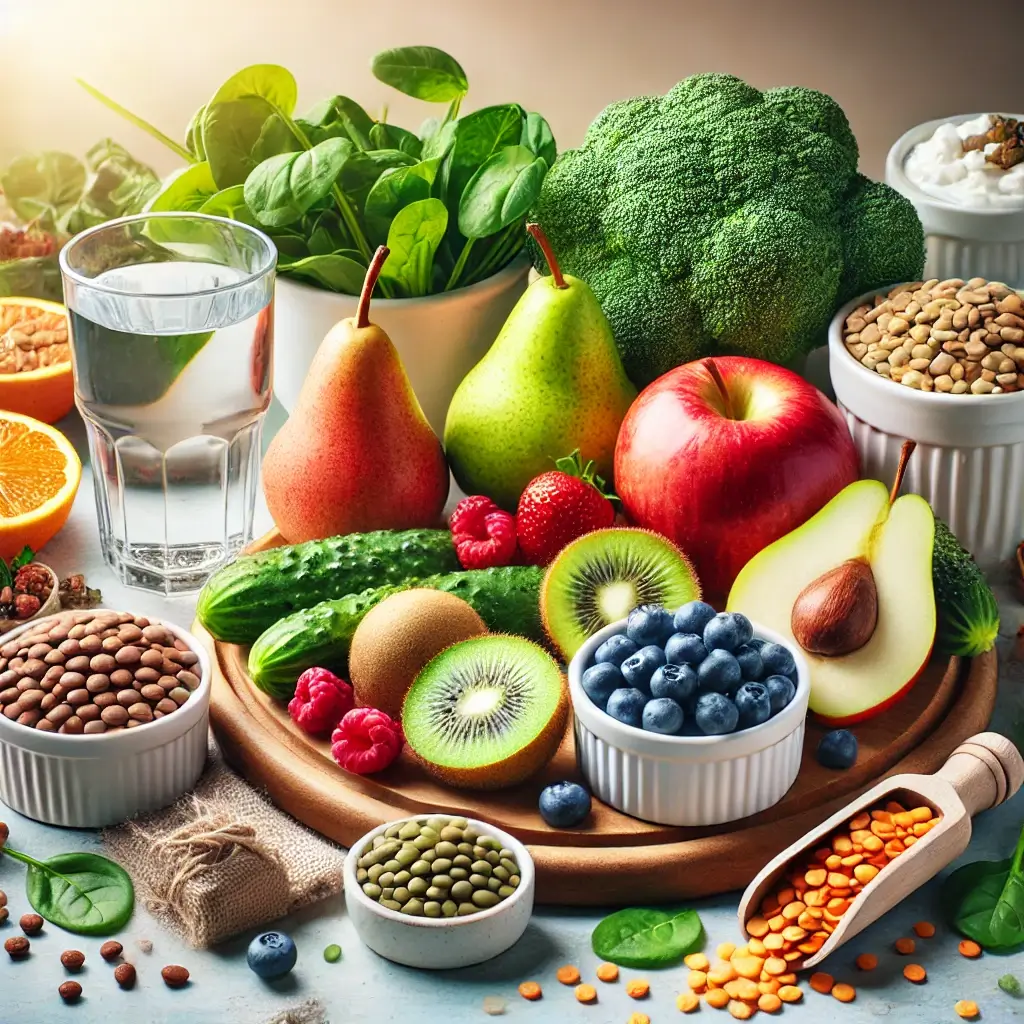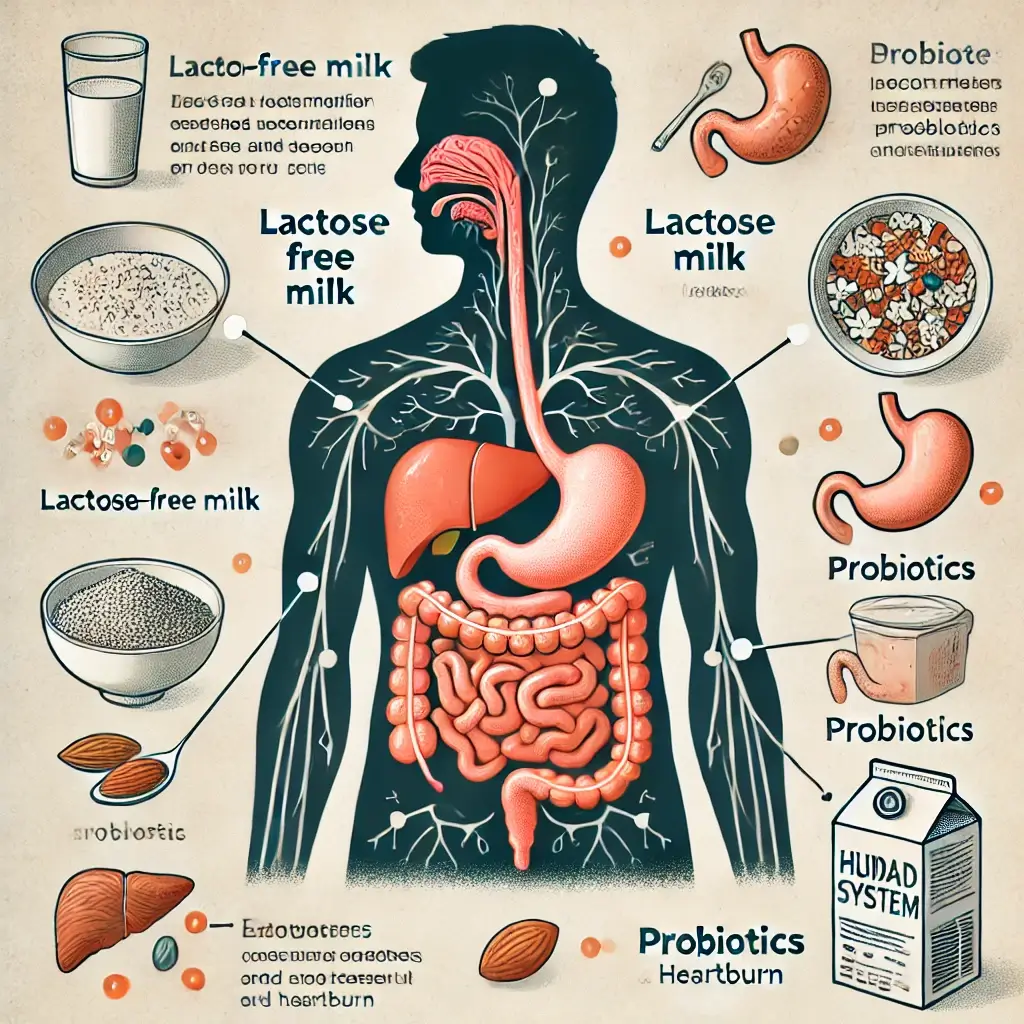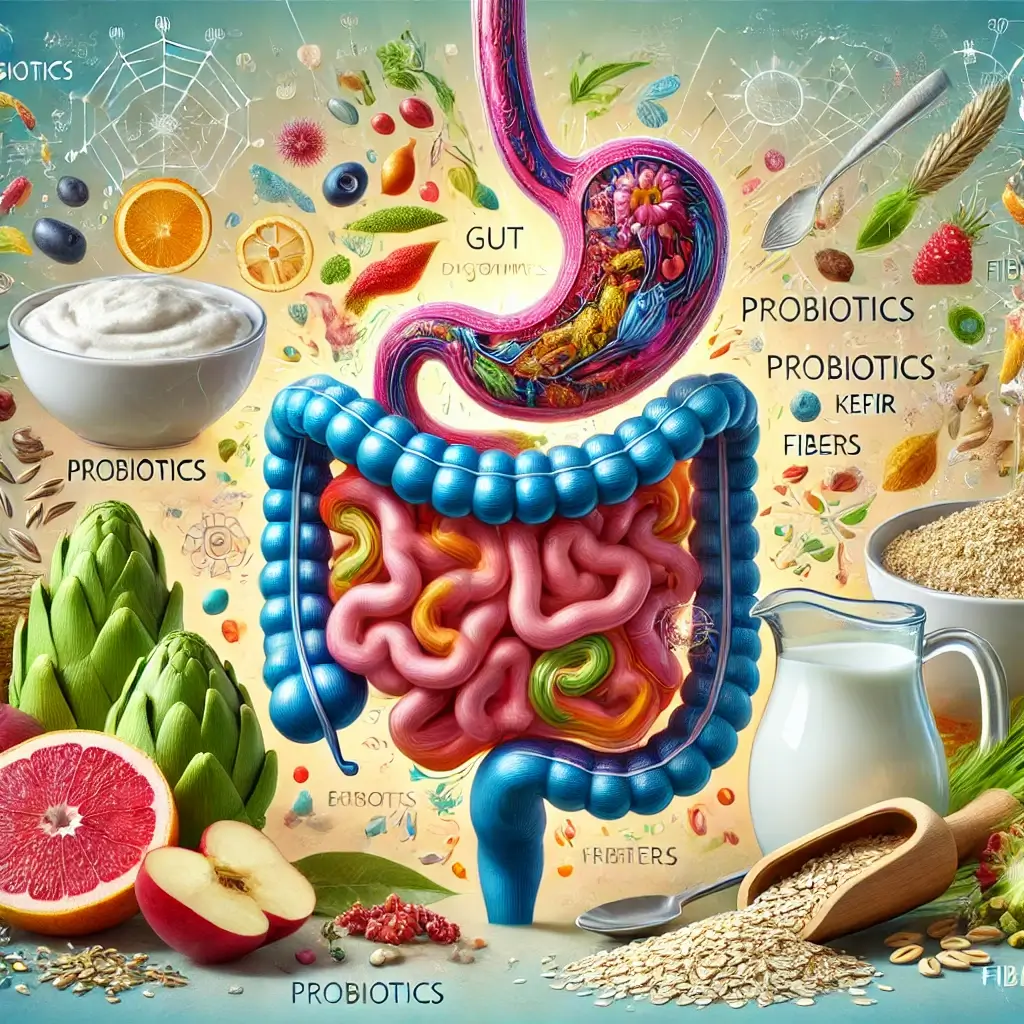Carnivore Diet Nutritional Deficits
Only meat, fish, eggs, and dairy are allowed on the carnivorous diet. It eliminates all fruits, vegetables, grains, legumes, and processed foods.
According to the carnivore diet, humans are carnivores and are intended to consume meat. Diet advocates say it can help with weight reduction, inflammation, and autoimmune illnesses. However, the carnivorous diet may cause nutritional deficits. The carnivore diet is restricted and lacks essential nutrients.
Lacks Essential Nutrients
Some nutrients may be lacking in carnivorous diets:
Vitamin K helps blood coagulate. The carnivore diet excludes leafy green vegetables, which contain it.
Fiber aids digestion and intestinal health. It is present in fruits, vegetables, and grains, which carnivores avoid.
Calcium: Bones need calcium. It is present in dairy products, which the carnivorous diet allows but may not be enough.
Iron: Iron helps blood transfer oxygen. Red meat contains it, although carnivores may absorb it less.
Zinc: Zinc aids wound healing and immunity. It’s in meat, although carnivores may absorb it less.
Vitamin C
Vitamin C: The immune system needs vitamin C. The carnivorous diet excludes fruits and vegetables, which contain it.
Vitamin C is required for collagen formation, immune system function, and wound healing. Vitamin C is not naturally available in animal products; thus, carnivores may struggle to acquire enough.
Some of the most excellent carnivore vitamin C sources are:
Vitamin C-rich organ meats include liver and kidney. Beef liver has 10 milligrams of vitamin C, 13% of the Daily Value, per 3-ounce serving.
Vitamin C is also found in grass-fed beef. A 3-ounce serving of grass-fed beef has 8 mg of vitamin C, 10% of the DV.
Vitamin C is also found in egg yolks. A giant egg yolk contains 5 mg of vitamin C, 6% of the DV.
Caviar: Vitamin C-rich roe. A 1-ounce portion of caviar contains 4 mg of vitamin C, 5% of the DV.
Shark flesh is vitamin C-rich. A 3-ounce portion of shark flesh contains 3 mg of vitamin C or 4% of the DV.
Carnivores need to consume a range of meats to gain nutrition. Vitamin C supplements may help you receive enough of this essential ingredient.
Vitamin C levels in meat vary by kind, cooking method, and storage conditions. For instance, cooked beef has less vitamin C than fresh. Long-stored meat loses vitamin C. Talk to your doctor about obtaining adequate vitamin C on a carnivorous diet. They may check your vitamin C intake and ensure you get enough nutrients. Consult your doctor before starting the carnivorous diet. They can assist you in deciding if the diet is correct and acquiring the nutrients you need.
Nutrients
These strategies can help carnivores avoid dietary deficiencies:
To receive a range of nutrients, consume a variety of meats. If you’re worried about nutritional intake, try supplements. Talk to your doctor if you’re exhausted, dizzy, or otherwise unwell. These methods can help prevent carnivore diet nutritional deficits.













